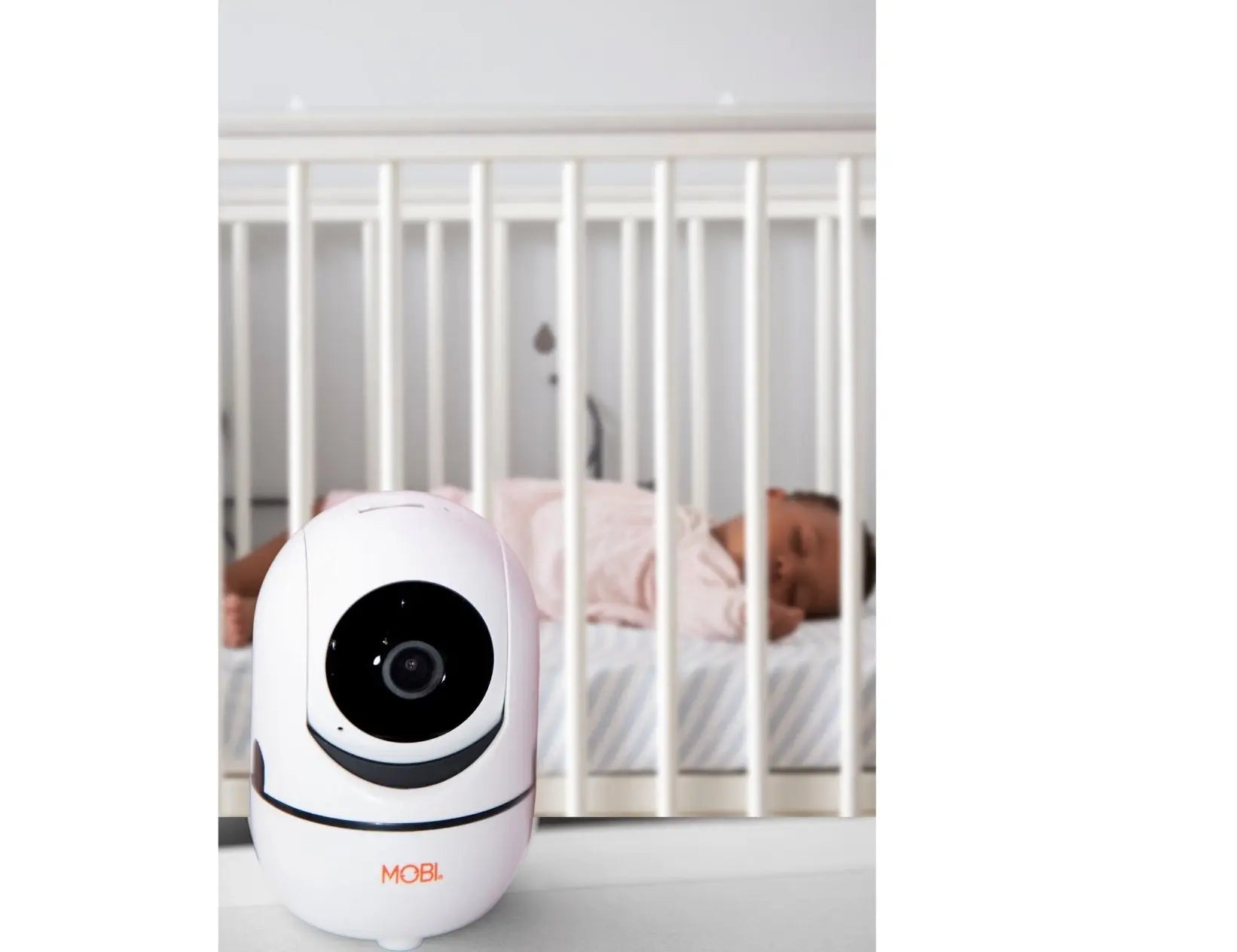Aging in Place: Helping Your Elderly Parent Find Comfort at Home
Aging in place is becoming an increasingly popular choice for seniors. According to a study done by AARP, More than seven in ten people over 50 in the United States say they want to stay in their homes. Nearly 90% of adults over 65 wish to remain in their homes as long as possible, another study by the U.S. Census Bureau found.
In this blog post, we'll talk about what aging in place entails, how you can help your elderly parent prepare for it, and ways that you can support your elderly parent as they transition into this new phase of life.
What is Aging in place?
Aging in place simply means that someone is growing old in their home. This could be the home they've lived in for decades, or it may be a newly purchased home that's been designed with aging-in-place needs in mind. Regardless of where the home is located, what matters most is the senior feels comfortable and safe in their surroundings.
Why is Aging in Place Becoming More Popular?
There are many reasons why seniors decide to age in place. For some, it's a matter of finances – staying at home is often more affordable than moving into a retirement community or long-term care facility. For others, it's simply a preference – they want to stay in the home they've always known and not have to deal with the hassle of relocating. And still, for others, it's a way to maintain their independence and keep some control over their lives as they age.
Whatever the reason may be, if your elderly parent has decided that aging in place is right for them, there are a few things you can do to help them prepare.
Keep communication open — If your parent is still relatively healthy and mobile, sit down with them and talk about what aging in place will entail. Discuss any potential modifications that may need to be made to the home, such as installing handrails in the bathroom or widening doorways for wheelchair accessibility. If your parent is comfortable making these changes, start to put together a plan for how and when they will be made.
If your parent is dealing with more significant health issues, you'll need to have a different conversation. In this case, it's essential to talk about their wishes for end-of-life care and what type of support they will need to age in place safely. This conversation can be difficult, but it's important to have it so that everyone is on the same page and knows what to expect.
Establish your role in their care — Once you've had a chance to talk with your parent about their aging-in-place plans, it's time to start thinking about how you can support them. If they're still relatively independent, your role may be primarily hands-off – checking in with them regularly and being available if they need help with anything. However, if their health is starting to decline, you may need to take on a more active role in their care.
This may include helping with activities of daily living, such as bathing, dressing, and eating. You may also need to manage their medications or coordinate with home health care services. And
if your parent is dealing with dementia or Alzheimer's disease, you may need to provide around-the-clock supervision to ensure their safety.
Simplify caregiving with home monitoring solutions — Home monitoring can be a valuable tool no matter what level of care your parent needs. With technology becoming more and more advanced, there are all sorts of devices that can help you keep an eye on your elderly loved one from afar.
For example, you could install a video doorbell so you can see who's coming and going from their home. Or you could set up a smart home monitoring system that sends you alerts if any doors or windows are opened unexpectedly. Some devices can track your parent's activity levels and even monitor their vital signs – giving you peace of mind that they're doing okay even when you can't be there in person.
Aging in place can be a fantastic option for seniors who want to maintain their independence and remain in the comfort of their own homes. But it's essential to be prepared for what this decision may entail – for the senior and their family members. By having a plan in place and taking advantage of home monitoring technology, you can help your elderly parent age in place safely and with peace of mind.
MOBI offers a variety of affordable senior monitoring & assisting solutions that make Caregiving easier. Our Caregiver Support Monitoring Kit includes a wearable alert monitoring device and a Wi-Fi Monitoring camera with 2-way audio communication.
All MOBI products work together through the MOBI Smart App, allowing families to stay in touch anywhere they are in the world.
Check out more solutions to in-home monitoring with MOBI's sensors, camera monitoring, video doorbell, and more. All MOBI products can be integrated through the MOBI smart app and grow with your family.
Reach out to us today on Facebook or email us at service@getmobi.com. We are happy to answer any questions you have on how home and health monitoring can assist you in your day-to-day life.




Leave a comment
This site is protected by hCaptcha and the hCaptcha Privacy Policy and Terms of Service apply.